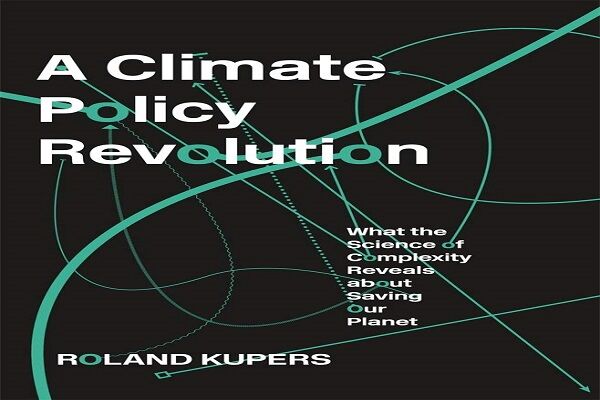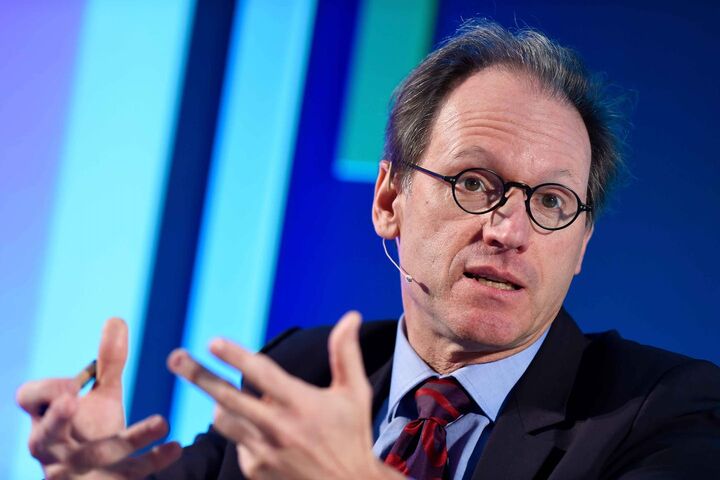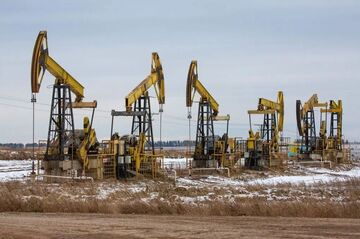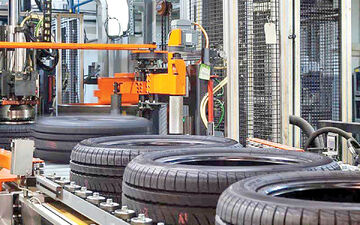TEHRAN(Bazaar) – “A Climate Policy Revolution, What the Science of Complexity Reveals about Saving Our Planet” is a book written by Roland Kupers and published by Harvard University Press.
The sheer complexity of climate change stops most solutions in their tracks. How do we give up fossil fuels when energy is connected to everything, from great-power contests to the value of your pension? Global economic growth depends on consumption, but that also produces the garbage now choking the oceans. To give up cars, coal, or meat would upend industries and entire ways of life. Faced with seemingly impossible tradeoffs, politicians dither and economists offer solutions at the margins, all while we flirt with the sixth extinction.
That’s why humanity’s last best hope is the young science of complex systems. Quitting coal, making autonomous cars ubiquitous, ending the middle-class addiction to consumption: all necessary to head off climate catastrophe, all deemed fantasies by pundits and policymakers, and all plausible in a complex systems view.
Roland Kupers shows how we have already broken the interwoven path dependencies that make fundamental change so daunting. Consider the mid-2000s, when, against all predictions, the United States rapidly switched from a reliance on coal primarily to natural gas. The change required targeted regulations, a few lone investors, independent researchers, and generous technology subsidies. But in a stunningly short period of time, shale oil nudged out coal, and carbon dioxide emissions dropped by 10 percent. Kupers shows how to replicate such patterns in order to improve transit, reduce plastics consumption, and temper the environmental impact of middle-class diets. Whether dissecting China’s Ecological Civilization or the United States’s Green New Deal, Kupers describes what’s folly, what’s possible, and which solutions just might work.
Following is the Bazaar interview with “Roland Kupers”, fellow at the Institute for Advanced Studies at the University of Amsterdam about this book:
Roland Kupers is a consultant on complexity, resilience, and energy transition and a Fellow at the Institute for Advanced Studies at the University of Amsterdam. A theoretical physicist by training, he spent a decade each at AT&T and Shell in various senior executive functions, including as Vice President for Sustainable Development.
Bazaar: What has been your main question in this book?
Kupers: The overwhelming number of reports, books and studies on climate change list what we need to do. However one really must not have been paying attention not to know what needs to be done. The list is quite short: drastically cut fossil fuel usage, better insulate buildings, increase energy efficiency, less red meat consumption and a few other things. The problem is not in what needs to be done, it is how we get those things done in practice.

Curbing fossil fuels is easier said than done. Cost effective alternatives already exist, but the fossil fuels system is enormous and deeply interconnected with every other element of the economy and finance. Changing it requires a credible theory of change. Given our almost total failure to take adequate action on climate change, thinking harder about how we change things is imperative. That is the main question of the book.
Bazaar: What Hypothesis did you use to answer this question? What is your central argument?
Kupers: Over the past few decades a slow motion revolution has been occurring in science. Under the somewhat awkward name of Complexity science, our understanding of interconnected systems and networks has grown enormously. This has happened across all disciplines, from the physical sciences, the medical sciences to the social sciences and economics. Today, every university in the world has complex systems departments, such as for example in Tehran the Center for Complex Networks & Social Data Science (https://ccnsd.ir).
Revolutions in science ultimately influence the way we look at and manage the world. Most of policy and economics are based on the reductionist perspective science that has formed the basis for our understanding of the world.
The central argument of the book is that we should look at the socio-economic systems that require evolving to deal with climate change in their true nature as complex systems. This in turn opens new policy options that would not be considered through the reductionist lens. These options expand the toolset we can use to tackle the problem.
Bazaar: What was the necessity of writing this book?
Kupers: It has become increasingly urgent that we take action on climate change, as we have failed to do adequately so for the many decades that we have known about the problem. The measures we have taken are not proportional to the issue. Effectively, we have just procrastinated with all sorts of plausible excuses.
Now it is not only urgent, but the actions we take must also have a non-linear effect. Gradual progress will no longer get us to where we need to be to keep temperature increase under 1,5 degrees. The good news is that complexity science helps us understand and even sometimes model sudden, non-linear change in social and economic systems. This is the kind of change we urgently need.
The book describes examples of policies and interventions that could deliver such non-linear change. At the same time they are not universal recipes, and solutions will be context dependent, they are not the proverbial silver bullets. But armed with a better understanding of how complex systems behave, policy makers can expand their options and consider such additional solutions to head-off climate change.















نظر شما